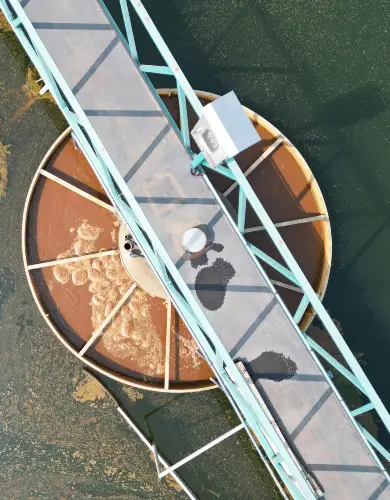What is the Department of Business, Energy and Industrial Strategy (BEIS)?
The regulation of the deregulated energy market in Britain is confusing, with several different departments and regulators all involved in policy making.
For this reason, we have put together this short text explaining who the department of Business, Energy and Industry Strategy (BEIS) is and how it affects your business.
Contents
- What is BEIS?
- What is the job of BEIS?
- Is Ofgem part of BEIS?
- Does the BEIS policy also affect Wales, Scotland and Northern Ireland?
- What are DECC and BIS?
- Why should I care about BEIS?
What is BEIS?
The department of Business, Energy and Industrial Strategy (BEIS) is one of the 23 ministerial departments in the UK that was put together in 2016 to align the industrial, business and energy sectors together to innovate the energy sector and gear it to solve climate change.
What is the job of BEIS?
The BEIS is in charge of putting together the policy that affects business, industry, research, innovation, energy and climate change. They have a budget of around 25 billion pounds and a workforce of around 5,000 staff to fulfil its responsibilities.
In 2022, its budget and workforce were divided according to four principal objectives: COVID pandemic relief, solving climate change, unleashing innovation and backing long-term growth.
Essentially, the BEIS is the mastermind behind any new laws or government schemes related to the matters it’s responsible for. The BEIS does the research, enquiry and analysis to support these new initiatives.
Examples include putting together the framework for deregulating the water market and offering business energy grants.
Is Ofgem part of BEIS?
No. Despite both being government departments responsible for the energy sector, they fulfil different roles.
While it designs and puts forward laws detailing new strategies for the energy sector, Ofgem’s role as regulator is more practical and deals with making sure businesses and consumers are adhering to the rules.
Unlike BEIS, Ofgem is a non-ministerial department because it does not actively participate in government decision-making (i.e. it does not have a minister that meets with the Prime Minister and the rest of the cabinet).
Does BEIS policy affect Wales, Scotland and Northern Ireland?
As a result of the UK devolution of power, many responsibilities and policies only apply to England, leaving each home nation in charge of its own business, energy and industrial strategy.
Examples include being responsible for climate change policy, business regulation and intellectual property, but this varies in each of the home nations, with some choosing to cede responsibility back to BEIS.
This is the reason why we see large differences between the home nations when it comes to the energy and water markets, with the distribution of electricity being an example.
You can read our business energy guides and business water guides to find specific topics like utility billing and renewables and how each nation deals with them.
What are DECC and BIS?
Before the merger in July 2016, the responsibilities of the BEIS were split between two separate departments: DECC (Department of Energy and Climate Change) and BIS (Department for Business, Innovation and Skills).
There were many reasons for the merger, with the most quoted being that the UK has to meet its climate targets for 2050 through a combination of business initiatives to change the energy and industrial sectors favourably.
Why should I care about BEIS?
As a matter of fact, you don’t need to know anything about them to save on your energy bills today. If that is all you want to do, you can simply compare business energy prices to find a better deal or read our practical energy guides.
However, understanding who the decision-makers of the government are is essential in making you a savvy business owner and educated citizen.
It will let you read between the lines of government announcements and news articles, and even front-run any energy trends in the market, potentially making you more competitive.

